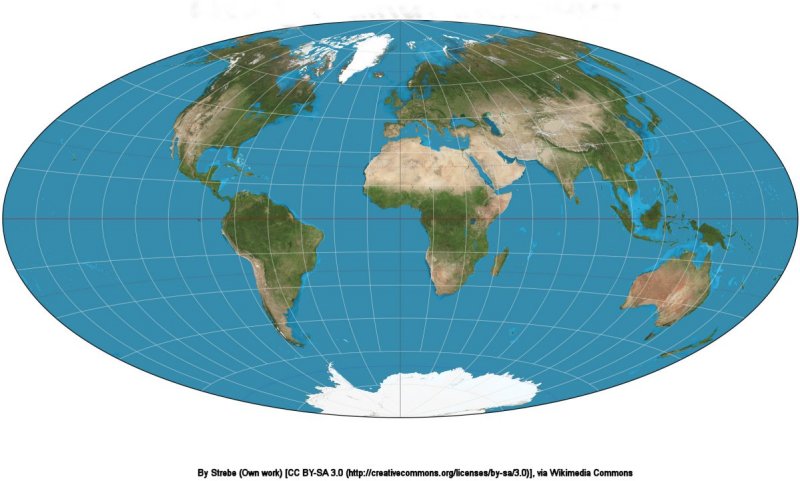Introduction to the Living Haiku Anthology
 To be aware of who we are, where we are: to connect with ourselves, to connect with community. To be vulnerable, to taste exotic and familiar landscapes of poetry, to drink in words being drawn, to enrich our lives, to remind ourselves that in difficult times we are poets together.
To be aware of who we are, where we are: to connect with ourselves, to connect with community. To be vulnerable, to taste exotic and familiar landscapes of poetry, to drink in words being drawn, to enrich our lives, to remind ourselves that in difficult times we are poets together.
Haiku as a poetic genre has touched all who are present here, visible to you through the passage of time. We speak of where we are from, what moves us specifically: refreshingly, surprisingly, sparingly, intuitively plying this ever-almost-disappearing poetics. With (in)explicable mystery, having over a century ago over-leapt its native shore, haiku now arrives as a planetary song. Quite simply, The Living Haiku Anthology (LHA) seeks to be a nexus of quality published haiku from around the world.
More than a repository, the LHA is a social instrument. Even in its earliest feudal forms, haiku has inspired community. Why such a brief poetic form should encourage and even urge poets to gather, critique, share meals in convivial conversation (the haiku gathering-party), walk through neighborhoods or a woods together for the purpose of composition (known traditionally as ginkō) — this again is a mystery, to our benefit. Haiku is a brief form of poetics that provides us social linkage when we travel — virtually as well as physically.
In considering this international effort the question of language should be raised. Why English, when one’s native and deepest poetic gift may articulate in another language? Pragmatically, we note the use of English in international academic journals which now largely publish in English, and we observe its default status around the net. Nonetheless, ideally, bilingual/multilingual presentations may become possible in the future, along with the creation of collaborative translation teams — as has been suggested for the Sciences. However as a volunteer effort with a modest staff we live on what we are able and equipped to do, keeping in mind a larger vision, as futurism.
We not only enjoy poetry — we may need it, desire it, and wish to give it away. It’s a technological challenge to create a sanctuary of international haiku poetry which makes no demand, makes no claim on works, has no suspect mission beyond that to do more, to live.
In the tradition of the adage to show not tell, the role of the LHA is to gather together in one “arboretum” works published by a wide range of editors and poets as haiku — beyond national, regional, linguistic, philosophical and theological distinctions: to become a living treasury for visitors — poets, cultural critics and lovers, alike. Our role is not to determine, direct or circumscribe the genre. By encompassing all styles and approaches to haiku we hope to provide an umbrella for the many strands of international haiku, from a global perspective, for the benefit of those able to discern those true gems assurgent in the current foment.
Please reach out to other poets and let them know the LHA extends an open invitation to published haiku poets of all countries wishing to be presented and represented.
Dr. Richard Gilbert
Professor, Graduate School of Social and Cultural Sciences
Kumamoto University, Japan
